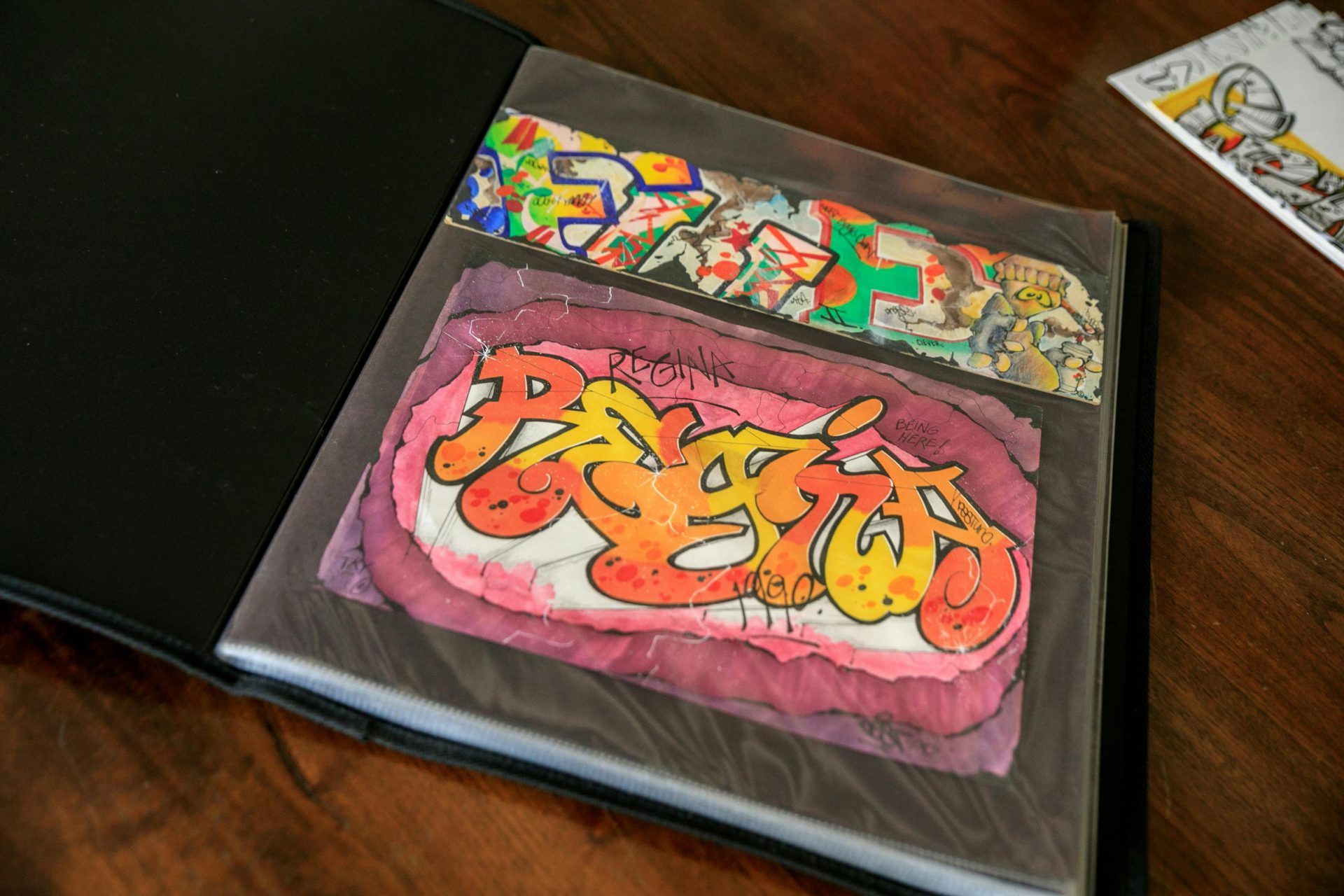
Do You Know These Dirty Dozen College Essay Mistakes?
Posted July 29, 2019, 12:00 pm by
The people who score ACT, SAT and college application essays read a lot of ACT, SAT and college application essays. A whole lot. Some of the writing they assess stands out from this crowded field for good reasons: dazzling writing, penetrating insights, incisive analysis. Other entrance test or college essays, however, stand out for silly errors and cringeworthy lapses of judgment.
To help you avoid falling into this latter group, we’ve rounded up a dozen very basic – and surprisingly common – mistakes to avoid when you sit down to write your test or college essays. And if you need help with your writing, don’t be shy about searching for a summer program that focuses on writing, connecting with a tutor, or taking an online writing course.
-
Failing to read the question.
The ACT test wants you to compare three perspectives on an issue of debate. The SAT test wants you to explain how a writer created a persuasive argument. So don’t write a screed on the evils of government intrusion in health care; don’t spend pages explaining your own environmental philosophies. Just do what the question asks.
-
Answering in one giant paragraph.
You’ve probably been breaking up your writing into paragraphs each focused on a discrete thought or topic since about third grade. It would be a shame to give it up now.
-
Getting sloppy.
Sure, your ideas and writing are what really count. But if scorers can’t read your handwriting, they can’t discern – or reward – your sparkling prose and deeply considered reasoning.
-
Making it all about you.
When you start a sentence with “I think,” you actually make your opinion weaker by implying that your claims are personal and subjective, rather than the clear result of thoughtful analysis. So skip the first person.
-
Not letting your word speak for themselves.
Don’t underline or use exclamation points!! Resorting to these options kind of says that you can’t figure out how to use words to emphasize your point. Not the greatest idea on, you know, a writing test.
-
Not spelling it out.
It’s “because” not “b/c” and “without” not “w/o.” You’re almost done with this thing – don’t give up quite yet.And “etc.” or “vs ” are things we say, not things we should ever, ever write in a formal essay.
-
Exaggerating.
There’s no need to declare one perspective an ideal solution or refer to an author as a hero. Analysis – not praise – is your goal. Remember, everything will be perfect if you don’t exaggerate.
-
Inventing words.
Is “consistify” a word?* What about “effectivity?”** Well, they sound kind of real, but that is just not good enough. Generally speaking, it is best to use only words you are sure actually exist.
-
Being overly punctuational***.
Commas, periods and semicolons are all great. Maybe the occasional rhetorical question mark. But skip the slashes: It’s “thoughts and ideas,” not “thoughts/ideas.” Never use quotation marks for emphasis and avoid ellipsis … please.
*** See what I did there? That’s totally not a word. But this isn’t a standardized test essay, so I can get away with it.
-
Using fancy words incorrectly.
Do you really know what logos and ethos are? Are you clear on how “per se” should work in a sentence? Unless you nail it, you’ll sound pretentious instead of perceptive.
-
Getting stuck in the past.
When referring to a piece of writing, always use the present tense: “In Moby Dick, Herman Melville tells us that becoming obsessed with a whale is a bad idea.” The book still exists.
-
Proper second references.
The first time you mention a person, use his or her full name; every time thereafter, stick with the last name only. Under no circumstances should you refer to civil rights icon Martin Luther King Jr. as “Martin.”
Blog Categories
- Career Advice
- College Admissions
- Colleges & Universities
- Financial Aid and Scholarships
- For Counselors
- For Parents
- For Students
- Gap Years
- Mental Health and Wellness
- Online Learning
- Performing and Visual Arts
- STEM Majors and More
- Summer Programs
- Teen Volunteering
- Trade & Vocational Schools
- Tutoring & Test Prep

Organization with listings on TeenLife? Login here
Register for Free
We’re here to help you find teen-centered academic and enrichment opportunities that you never knew existed. By creating an account, you will be able to save your favorites, request information via pre-populated contact forms, and submit reviews. We will also be able to tailor our communications to your stated interests and preferences.
Forgot Password
"*" indicates required fields








